Kathryn
“In order to go back to work, I should be able to handle a full shift in PPE, and I can’t do that yet. Right now even when I wear my N95 mask to go to the grocery store, I start coughing after about half an hour of wearing it. I definitely can't wear the PPE for a full eight hours.”
ARLINGTON, VIRGINIA: I am a physical therapist and work in the hospital, mostly in intensive care. COVID patients started to get admitted to my hospital in late February and early March. We were able to educate ourselves from what was already happening overseas. Most of my coworkers and I were taking precautions, changing clothes, altering our routines. Some were even taking a shower before they picked up their kids and one or two were even isolating already, to make sure we didn't expose our families. We were worried about it. We didn't know how bad the spread was going to be, but we knew that COVID was going to come. It was a tense atmosphere. Everybody was on the lookout for signs and symptoms of it in our patients. As a physical therapist, we are trained to look for symptoms in people who are experiencing respiratory distress. We are also trained to monitor vital signs. We were made aware of the signs and symptoms of COVID, so we were able to identify the patients who had it.
As a physical therapist, we are trained to look for symptoms in people who are experiencing respiratory distress.
I was worried that I might also catch it as I was working in a medical facility, because there was so much we didn't know about it; if it was something that simple surgical masks could help or it was something that was airborne. The testing was also not very quick at that time. There was a fairly high chance that we could have somebody who came in with symptoms and would not be able to get tested right away.
My husband and I talked about how we would deal if I got COVID. We decided that I would isolate in our basement; he would stay home and take care of our kids if needed. Our son was in school at the time, though we knew schools were likely to close down as well. We had a baby daughter as well, who was in a home-based daycare.
Every day when I left work, I changed my clothes and sanitized any exposed skin that might touch my kids when I went to pick them up from school or from the babysitter. When I got home, I immediately took a shower and put all of my clothes in the washing machine. My husband and I checked our temperatures every day, even though we were not explicitly instructed to do so.
Every day when I left work, I changed my clothes and sanitized any exposed skin that might touch my kids when I went to pick them up from school or from the babysitter.
On the morning of the 23rd of March, I woke up, feeling not well. I was extra tired and my joints were a little bit achy and my throat was a little scratchy. I took some Tylenol. It was a weekend day; we were home with the kids, which kept me busy. I just felt worse and worse throughout the day. At the end of the day, around dinner time, I took my temperature, which was 100.7,and I immediately isolated myself from everybody else.
I had an idea that I had contracted it at work; that would be the most likely place that I would have caught it. I had been wearing a mask when I went to the grocery store and I was minimizing going out for any regular errands. The chances of catching it out in the community was pretty low for me.
I had an idea that I had contracted it at work; that would be the most likely place that I would have caught it.
My fever kept rising even with Tylenol, and my muscles and joints were extremely painful. I lost my sense of smell, taste, and my appetite. Most of the time I was in bed. My fever would rise so high at night, I started to hallucinate. I thought I saw bugs crawling on the ceiling at two o'clock in the morning.
My lowest point was when I needed to use the restroom and was debating with myself if I had to pee badly enough to walk 20 or so feet to the bathroom. Since I had so much pain in my muscles and joints, I didn't want to stand up. Being active as I normally am, and my profession being one that helps people with mobility, it was emotionally very hard.
My lowest point was when I needed to use the restroom and was debating with myself if I had to pee badly enough to walk 20 or so feet to the bathroom.
I didn't have respiratory symptoms until about three weeks in, when I started feeling better again. I thought I was a normal COVID patient, and I was going to get better in a couple of weeks, go back to work, and everything would be okay. Then, I started getting a cough that progressively got worse; I had shortness of breath, pain in my chest and I couldn't go out for a walk or play with my kids without getting really winded. I got worried that it would progress to pneumonia. My husband was monitoring my oxygen with me, and I had to sleep in a prone position to make sure I was oxygenating well.
I thought I was a normal COVID patient, and I was going to get better in a couple of weeks, go back to work, and everything would be okay. Then, I started getting a cough that progressively got worse;
I went to the emergency room one time because of my shortness of breath and excruciating pain in my chest, but I did not have to be admitted. My primary care doctor and I knew that clotting disorders were being seen in COVID patients, so she was concerned about a PE or pneumonia. I had a chest xray that confirmed that I did not have pneumonia. I agreed to continue self-monitoring, and they sent me home. Going to the emergency room in the same hospital in which I work was really surreal. I walked into a completely empty emergency room, and they took my medical history over the phone in an isolation room. By that time everybody was wearing PPE. I only saw one or two practitioners. That was definitely different than before. It felt wrong to me to be on the other side of it-to not be one of the professionals helping other people.
It felt wrong to me to be on the other side of it-to not be one of the professionals helping other people.
I felt guilty because first of all, I had brought it into my home and exposed my husband and two kids, even as I was trying to be as careful as I could. Then, when I needed to be checked at the hospital, I was exposing coworkers to COVID. Even though they were wearing PPE, it was not something I wanted for them. I was scared that I would pass it to somebody else.
I felt guilty because first of all, I had brought it into my home and exposed my husband and two kids, even as I was trying to be as careful as I could.
We were very lucky that I did not pass it to my family. My husband takes a medication regularly that his doctor confirmed was found to be antiviral in people who had been exposed to COVID, which is probably how he was protected from it. The fact that kids are less susceptible to symptoms was probably our saving grace.
It’s been 4 months already since I had COVID. I continue to have fatigue, muscle aches, and low endurance, and the cough has never gone away. I am now undergoing a cardiac workup, since I still have pain in my chest, and my EKG was found to be abnormal.
In order to go back to work, I should be able to handle a full shift in PPE, and I can’t do that yet. Right now even when I wear my N95 mask to go to the grocery store, I start coughing after about half an hour of wearing it. I definitely can't wear the PPE for a full eight hours. Also, my endurance is still extremely low. I was able to work out several days a week and take the kids to the park before COVID, and I haven't been able to do so now.
In order to go back to work, I should be able to handle a full shift in PPE, and I can’t do that yet. Right now even when I wear my N95 mask to go to the grocery store, I start coughing after about half an hour of wearing it. I definitely can't wear the PPE for a full eight hours.
I feel bad that I'm not helpful to my coworkers right now because everybody is exhausted and worried. I feel guilty that I can't keep up with my kids, that I have to tell them that I can't play with them right now and I need rest for a little bit between activities. That's just not something that I am comfortable with.
My husband has been very strong. He has been trying to remind me about seeing the bigger picture. My primary care doctor in particular is also very collaborative. I'm not experiencing a lot of the medical gaslighting that a lot of people are facing. They feel that their physicians are not hearing them or understanding them. On the contrary, my doctor has been very receptive when I tell her how I have been feeling. She says she wants me to be completely open with her about what I'm going through, as it helps the physicians learn more. Overall, though, the experience has been so lonely and isolating. I am one of only two people I know who have contracted Covid, and because we were still early in the pandemic, I did not entirely know what to expect or what might come.
Overall, though, the experience has been so lonely and isolating. I am one of only two people I know who have contracted Covid
The thing that has helped the most is just the fact that I work in the medical field, because I can advocate for myself and monitor my symptoms myself. I know when it’s time to go to a hospital, and when it’s something that I can manage at home.
I didn't expect for myself to personally have a prolonged run with COVID. I work every day to be more patient with myself and not feel frustrated that I can't do what I used to. I try to be hopeful that I'm going to get all of that back in the long run.
Symptoms: fever, fatigue, scratchy throat, dry cough, excruciating pain in my muscles, loss of smell and taste, loss of appetite.
Treatment: Tylenol
Recommendations: For the people who don't feel that their physicians are hearing them, don't be afraid to advocate for yourself because this is real and it's also okay to say, I don't know what's going on.

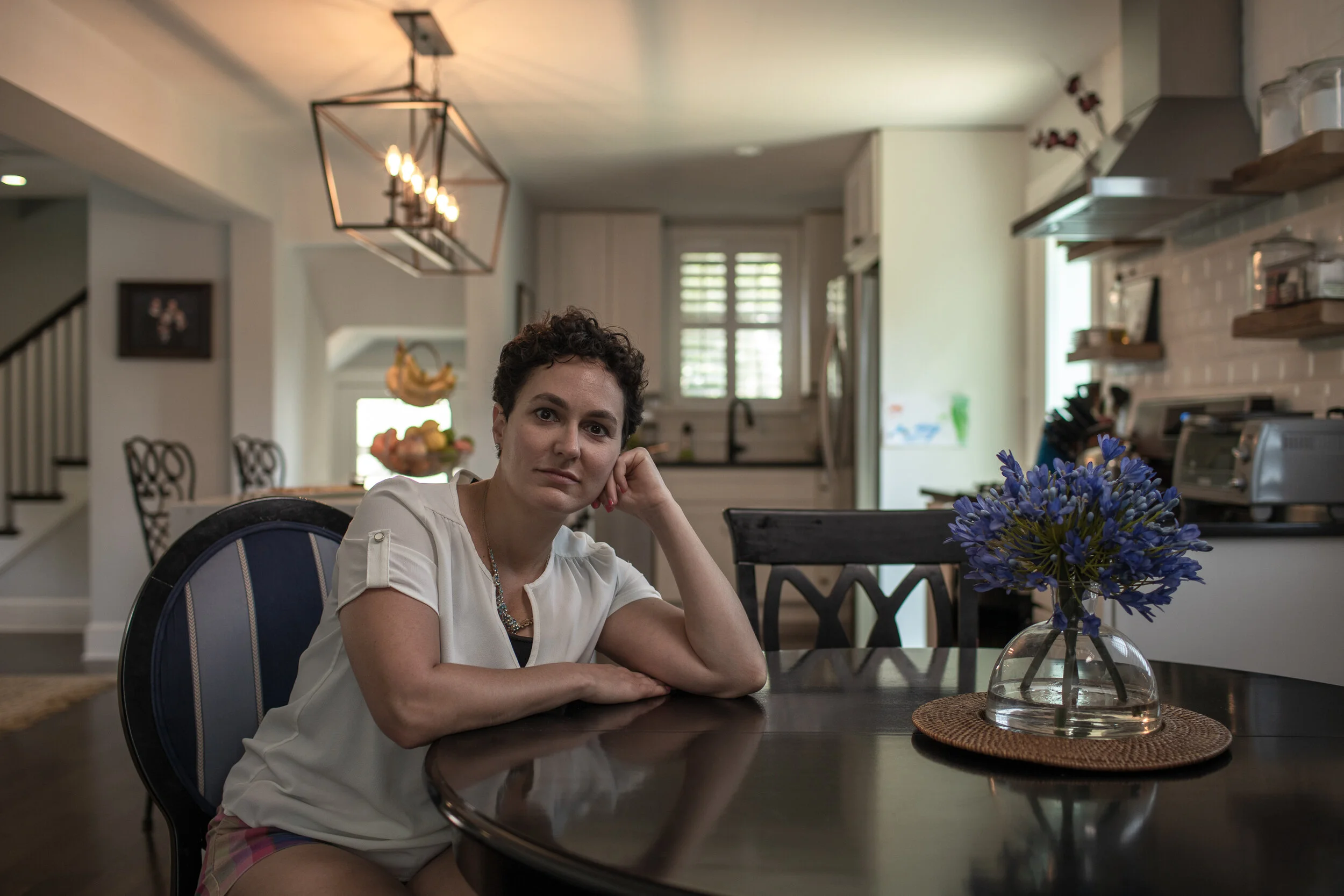

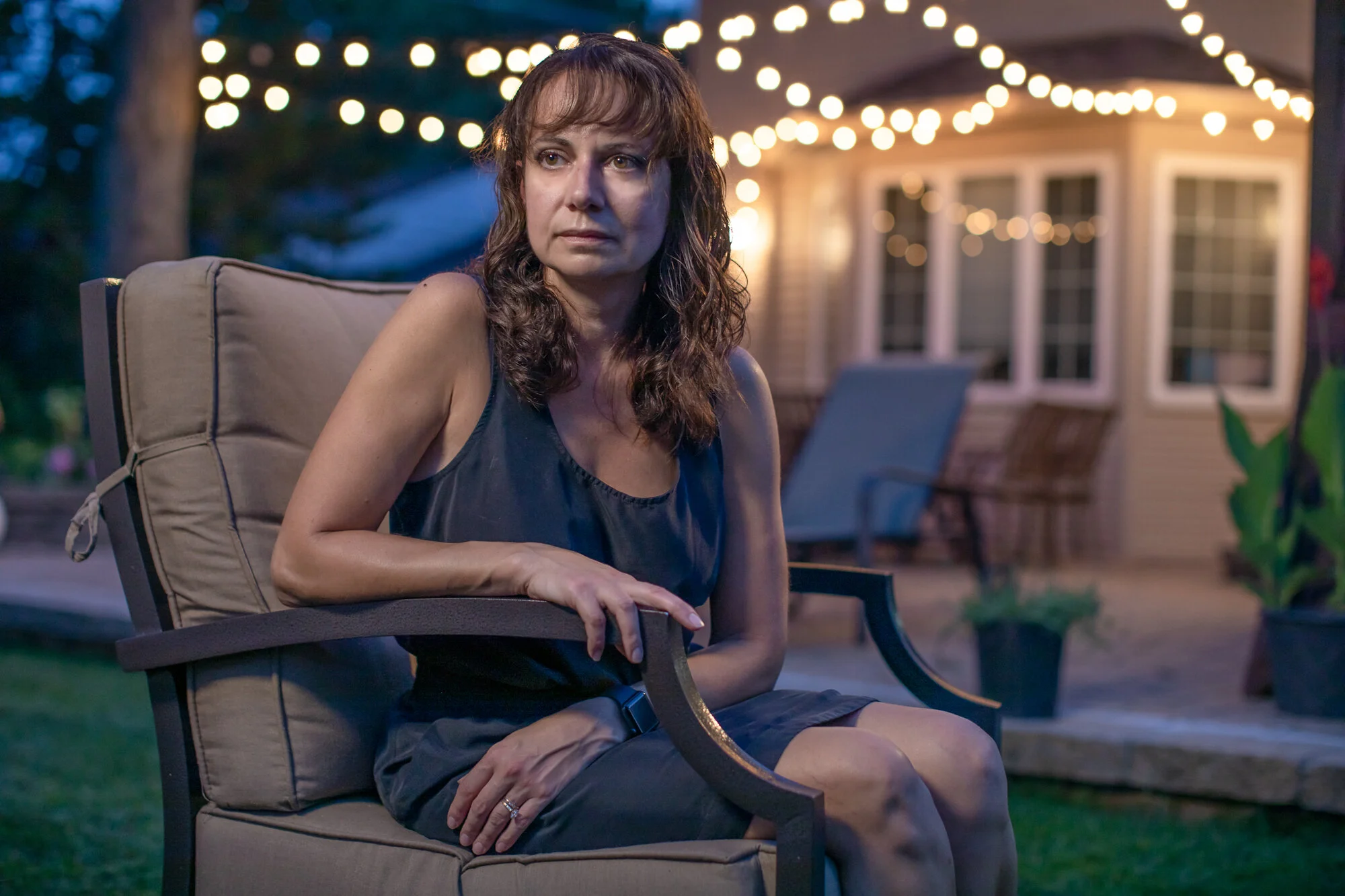
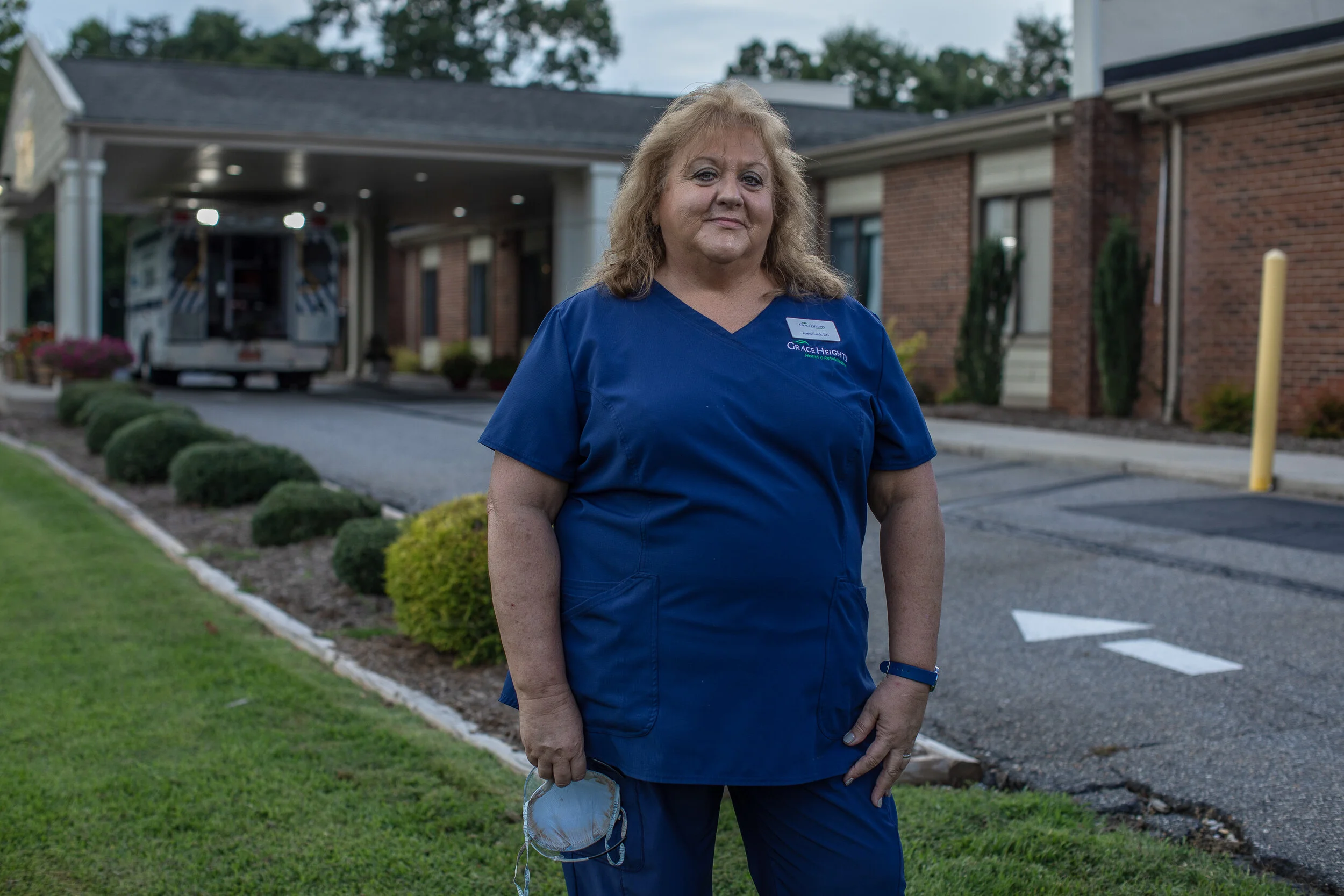
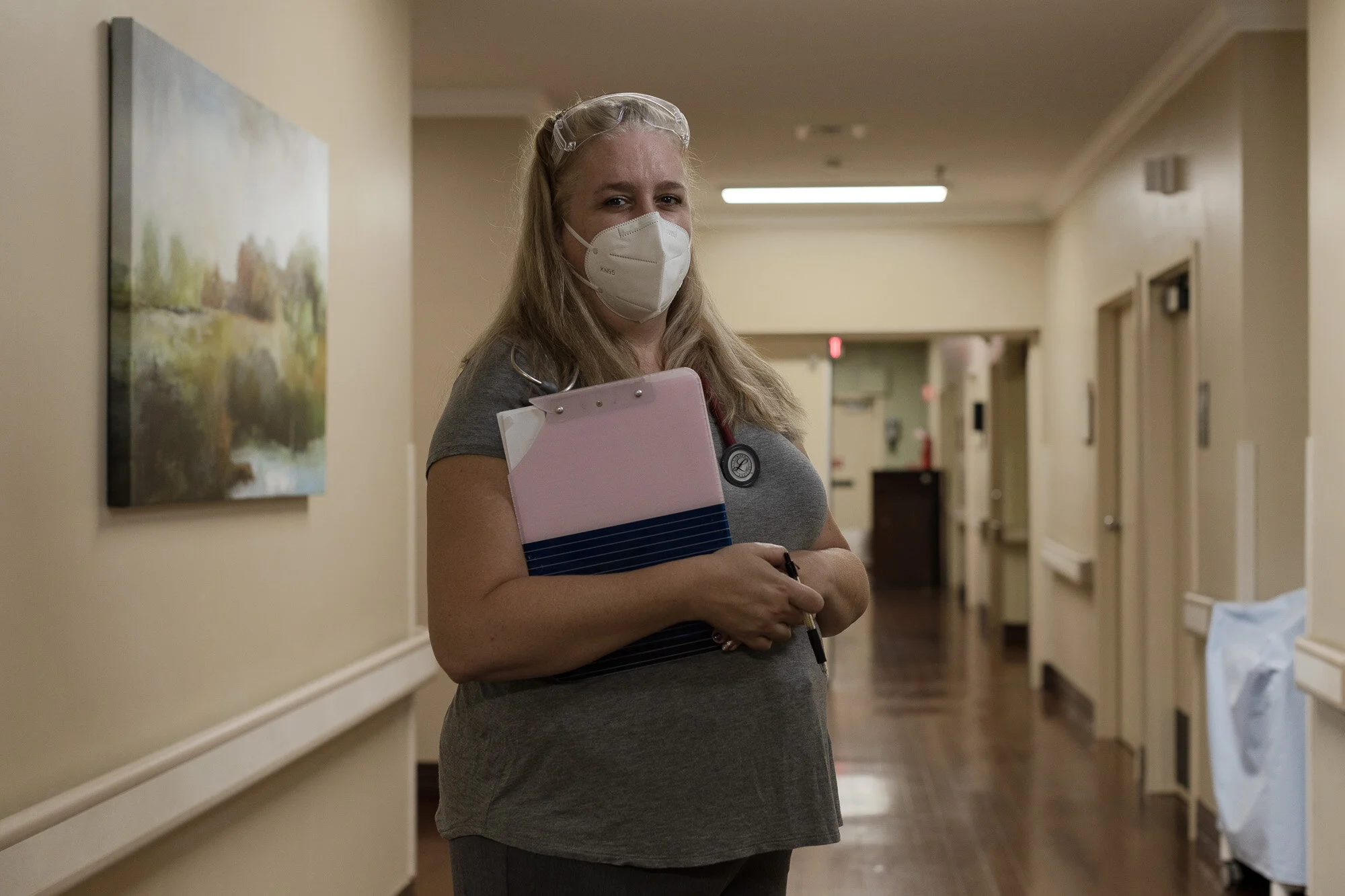
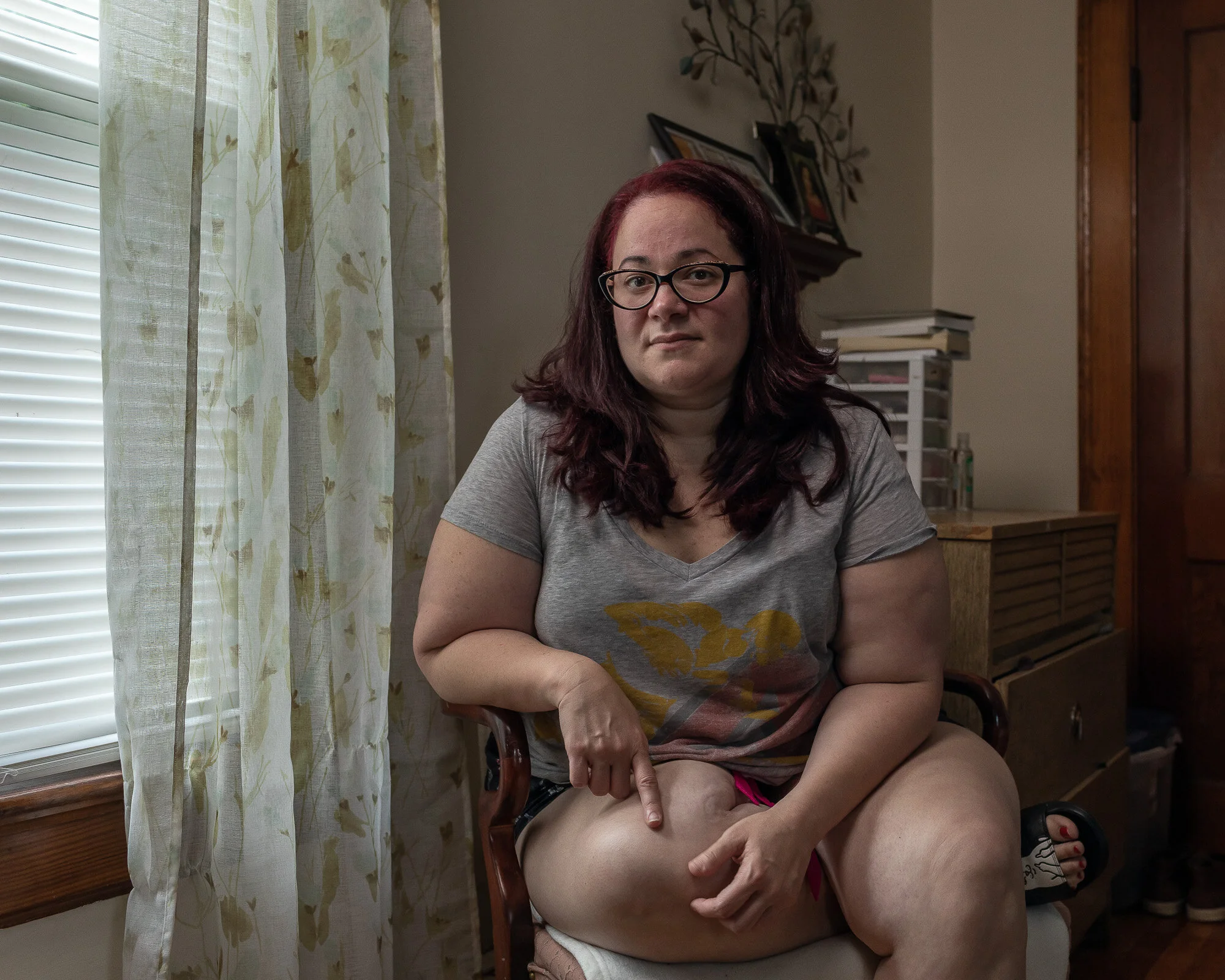
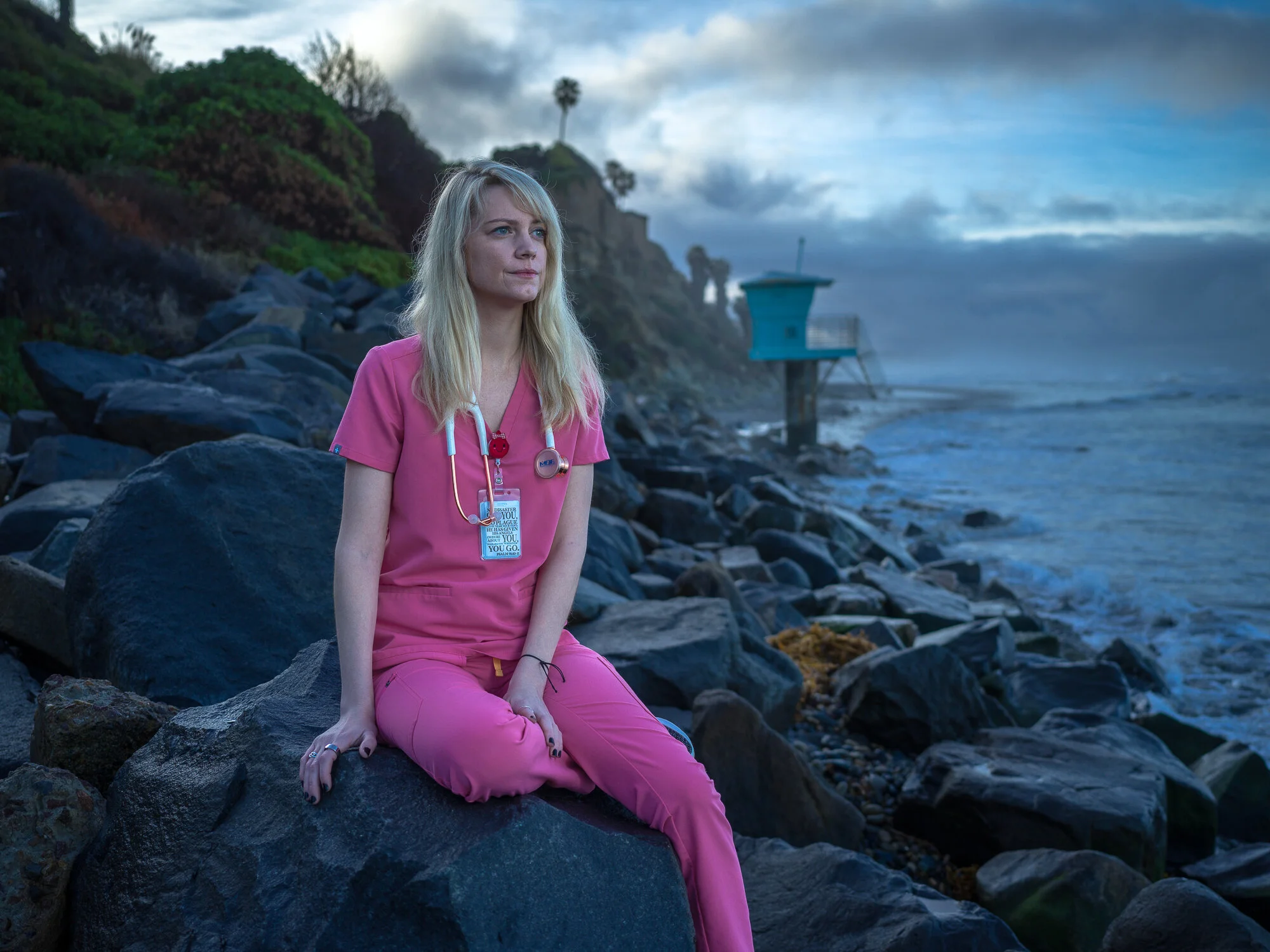


Lack of PPE, insufficient safety protocols, and lack of testing contributed to this physical therapist and 60% of her colleagues contracting COVID-19.